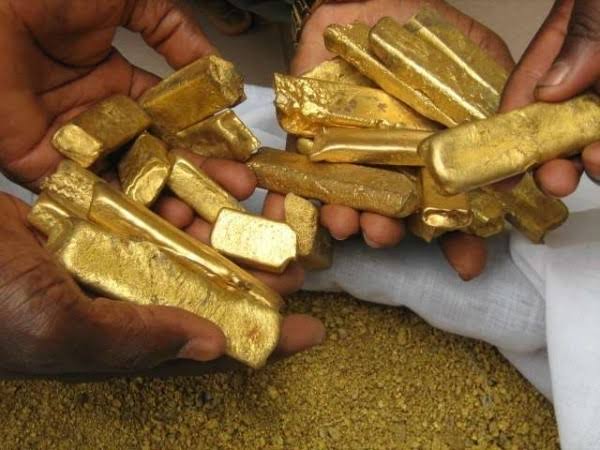Kenya is planning to introduce new rules that will require dealers in precious metals to report cash transactions above Sh1.9 million. This move is meant to tighten oversight in the sector, which has been linked to money laundering and illegal gold trade.
The government is taking action after the Financial Action Task Force (FATF) placed Kenya on its grey list, saying the country has not done enough to stop financial crimes. The FATF, a global body that sets standards to fight money laundering and terrorism financing, added Kenya to its grey list in February 2024.
This listing means that Kenya is seen as a high-risk country for financial crimes, and businesses dealing with international transactions may face more probing. One of the main reasons Kenya was placed on this list is the growing cases of illegal gold trade and reports of criminals using the country to clean dirty money.
The FATF has asked the government to implement stronger measures to prevent financial crimes, including stricter monitoring of transactions involving gold and other valuable minerals.
The new reporting rule will require dealers in gold, silver, diamonds, and other precious metals to disclose any cash transaction that exceeds Sh1.9 million.
This is meant to help authorities track suspicious deals and stop criminals from using the sector to move illicit money. The rule is similar to those applied in banks, where deposits or withdrawals above a certain amount must be reported to financial regulators.

Officials believe that making this requirement mandatory will reduce cases of money laundering and expose cartels that have been operating with little oversight.
In recent years, Kenya has become a hotspot for illegal gold trade, with reports linking foreign and local dealers to fraudulent transactions. Cases of fake gold scams have also been on the rise, with unsuspecting buyers losing millions of shillings.
Some politicians and businessmen have been accused of running illegal gold businesses, and law enforcement agencies have struggled to bring them to justice.
The introduction of a reporting threshold aims to curb these activities by making it harder for criminals to use cash payments to hide their dealings.The impact of the FATF grey listing is already being felt, with financial institutions becoming more cautious when dealing with Kenyan businesses.
Some international banks and investors are imposing stricter conditions, which could affect trade and investment. If Kenya fails to meet FATF’s requirements, it risks being moved to the blacklist, which would make international transactions even more difficult.
The government is under pressure to show progress in fighting financial crimes to avoid further damage to the economy.
Despite these efforts, challenges remain in enforcing new regulations. Corruption within government agencies and weak enforcement mechanisms could limit the effectiveness of the new rule.
Some industry players may also try to find loopholes to avoid reporting large transactions. The government will need to ensure that the new measures are properly implemented and that enforcement agencies have the resources to track compliance.
Kenya has until 2025 to meet the FATF’s demands and improve its financial crime controls. The new reporting rule for precious metals transactions is one of the steps being taken, but more needs to be done to clean up the sector. If properly enforced, the measure could help reduce money laundering and restore confidence in Kenya’s financial system.





















Add Comment